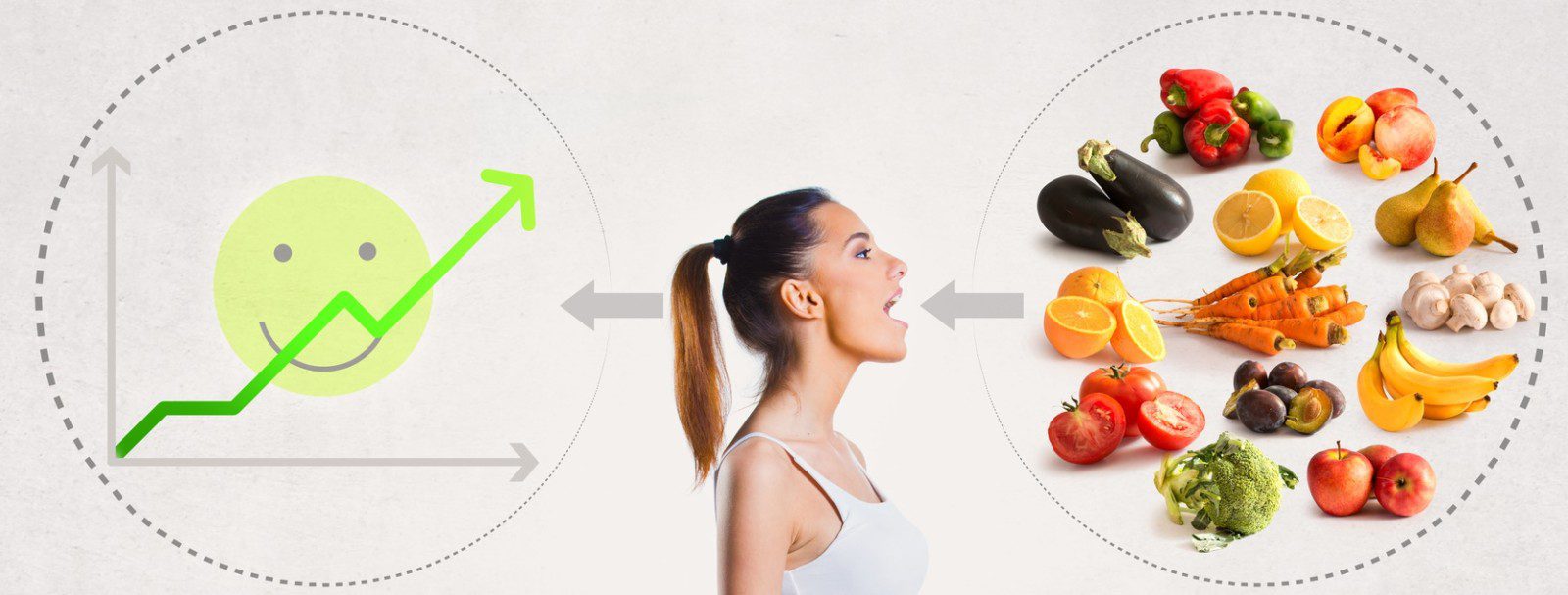Believe it or not, tiny microbes lining your gut actually send signals to your brain. Thus, they influence human psychological and neurological behavior. These little organisms make a tremendous impact on our health.
A revolutionary study performed by UCLA researchers lends further evidence to the strong connection between good bacteria in the gut and healthy brain functions.
Regarding this study, Dr. Emeran Mayer, a professor of medicine (digestive diseases), physiology and psychiatry at the David Geffen School of Medicine at UCLA and the study’s senior author, stated:
“There are studies showing that what we eat can alter the composition and products of the gut flora — in particular, that people with high-vegetable, fiber-based diets have a different composition of their microbiota, or gut environment, than people who eat the more typical Western diet that is high in fat and carbohydrates,” Mayer said. “Now we know that this has an effect not only on the metabolism but also affects brain function.”
Many scientists still have questions about how this occurs. However, some believe that the gut microbiome release signaling molecules into our gut. Therefore, they affecting our dietary decisions. Since the gut links to the immune system, endocrine system, and nervous system, these signals consequently impact our physiological and behavioral reactions.
The behavior of your gut’s microbiome
Just as the bacteria can influence our behaviors, we can influence them by changing what we consume. That would then alter what the bacteria signal us to eat.
The research proposes that gut bacteria might influence what we eat by manipulating signals in the vagus nerve. That’s the nerve that connects 100 million nerve cells from the digestive tract to the base of the brain.
“Microbes have the capacity to manipulate behavior and mood through altering the neural signals in the vagus nerve, changing taste receptors, producing toxins to make us feel bad, and releasing chemical rewards to make us feel good,” said Athena Aktipis, co-founder of the Center for Evolution and Cancer.
The gut profoundly influences mental health in humans. Thus, many people call the intestines “The Second Brain.” That’s because the microbes found throughout our bodies actually weigh twice as much as the human brain. Experiments that test the impact of gut bacteria on mental health are just beginning. However, a team of researchers found a clear link between having more robust gut bacteria and having a healthier brain.
Our current diet doesn’t promote good health
Our society is inundated with heavily processed, over-stimulating, nutrient-poor foods that wreak havoc on the digestive system and send mixed signals to the brain, in turn. These toxic foods may explain why Western societies, in particular, have such high rates of anxiety, depression, bipolar disorder, and other common mental disorders.
So, what changes can you make in order to promote healthy gut bacteria as opposed to bad bacteria?
Changes that enhance your gut health
Eliminate, or severely reduce, processed foods in your diet.
Consuming whole, fresh, healthy foods in their most natural form will promote healthy bacteria in your gut because your body actually recognizes the nutrients in these foods. The body does not, however, recognize foods that have been severely altered, such as fast foods, boxed foods, and foods with lots of added chemicals.
Introduce more fermented, unpasteurized foods into your diet.
Fermented foods contain lactic acid bacteria, beneficial bacteria that promote good microbes within the gut. Examples of fermented foods that you can eat include the following:
- tempeh (made from fermented soybeans)
- miso
- kefir
- sauerkraut
- kimchi
- kombucha
- yogurt
Eat fiber-rich foods for better health.
A study released by Professor Andrew Smith at Cardiff University in 2002 revealed that eating more fiber results in higher energy levels, more clarity, and a more positive mindset as opposed to eating a diet very low in fiber. Also, high fiber diets can reduce fatigue and lessen the risk of developing bowel disorders, including cancer.
High fiber foods basically include three food groups: fruits, vegetables, and starches such as rice, potatoes, pasta, and other grains.















